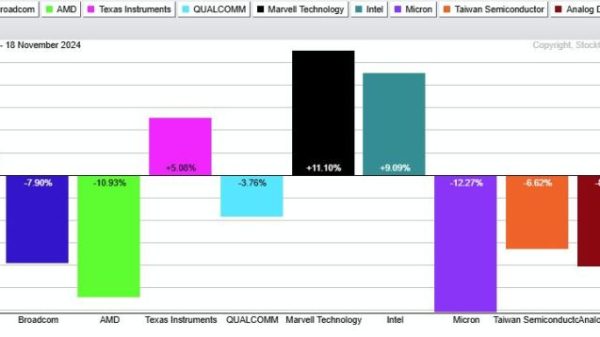In navigating the contours of the recent US election, a particular area of interest that stands out is the future of cleantech or clean technology. Given the electoral outcomes, the landscape for the cleantech industry could potentially undergo substantive changes, spurred by shifts in policy directions, regulatory reforms, and funding priorities.
The cleantech industry has long been a cornerstone for the broader push towards creating a sustainable future driven by green and renewable energy. Its importance is further underscored by the undeniable reality of climate change, making it a key sector typically influenced by political persuasions and policy directions. The recent US election results could remarkably impact this industry.
Under the Biden administration, one can expect a shift towards a more climate-friendly framework. Biden’s victory has actually sparked optimism, given his commitment to clean energy and the environment. Central to his campaign was a $2 trillion “clean energy revolution” plan, which puts the cleantech industry at the forefront. This plan proposes an increased usage of wind, solar, and other renewable resources, aiming to make the US power grid carbon-free by 2035 and promoting cleaner public transport options.
Federal spending under this plan is sure to surge, making more funds available for cleantech initiatives. Existing infrastructure will be retrofitted to meet higher efficiency standards, and efforts will be made to enhance energy storage and carbon capture technology.
Moreover, rejoining the Paris Agreement will also require increased investment and development in cleantech to hit the internationally agreed-upon targets. Support for the cleantech industry is likely to be significant under the new administration, leading to increased federal spending. Greater value will be placed on innovation, encouraging breakthroughs in cleantech.
Furthermore, regulatory support is also projected to bolster the industry. Biden’s administration could rescind many of the repeals put in place by the Trump administration that rolled back environmental safeguards and regulations that favored the cleantech industry.
On the global stage, US policies can set precedent and influence the decisions and actions of other countries, hence shaping the worldwide landscape. With a greater acceptance and adoption of cleantech in the US, markets around the world may also see an uplift in the sector.
However, the future of cleantech is not just solely dependent on presidential will. Congressional support will be crucial in pushing through new legislation supporting the industry. While the presidential leadership is vital, the role of local governments and the private sector cannot be downplayed. State and city governments, along with corporations, have increasingly prioritized cleantech advancements, driving innovation and development.
In relation to the private sector, the capital market has shown increasing interest in cleantech companies due to their potential profitability and social impact. The burgeoning ESG (Environmental, Social, Governance) investing trend has proven that these companies are not only good for the planet but can also offer substantial returns. We may also witness a trend for more cleantech companies seeking to go public through traditional IPOs or SPACs.
In conclusion, the recent US election promises realignment of cleantech’s narrative towards a more favorable one. From a broader perspective, an increase in support both in terms of policy and funding could usher in a new era of growth and innovation for the cleantech industry, delivering a significant impact on the fight against climate change.
































